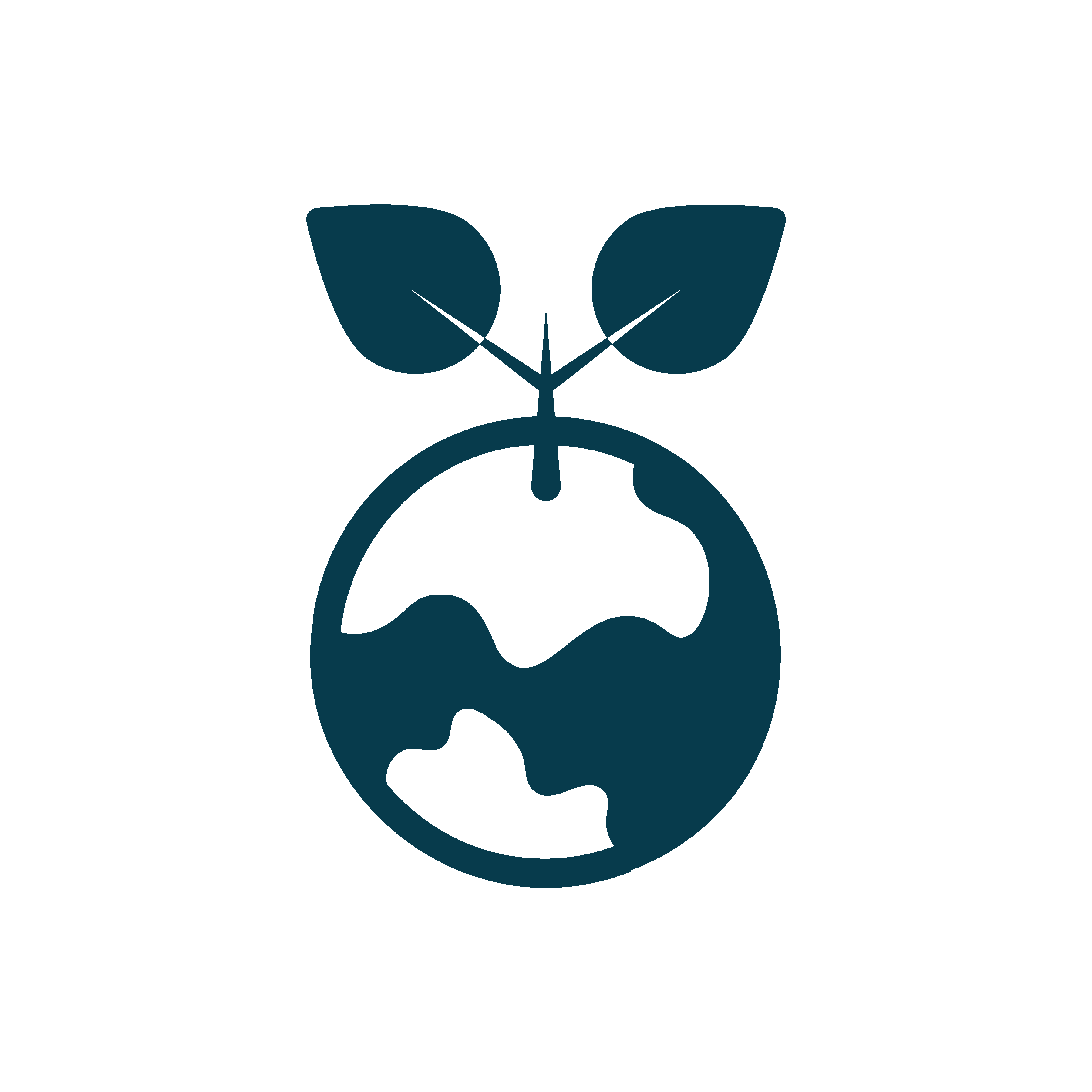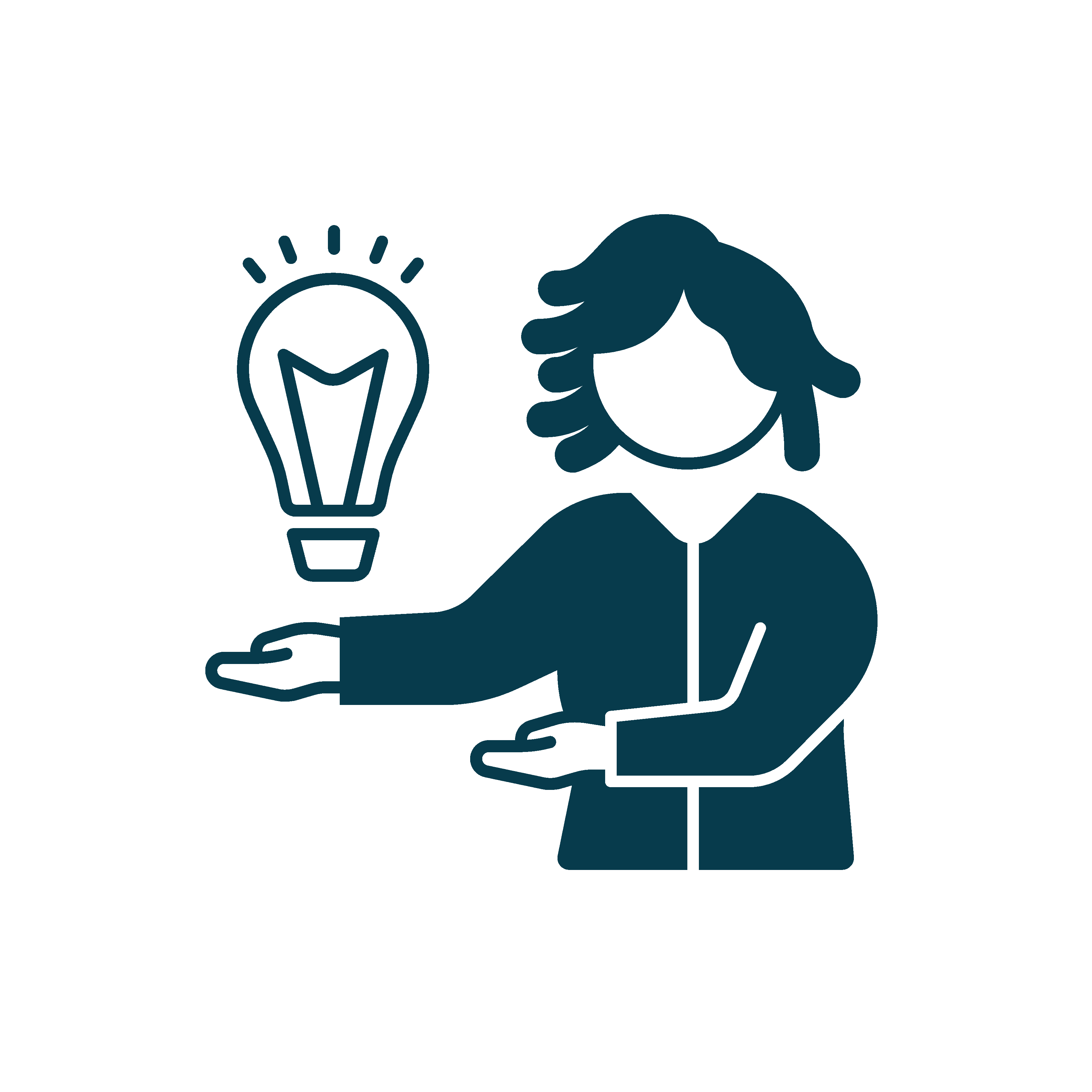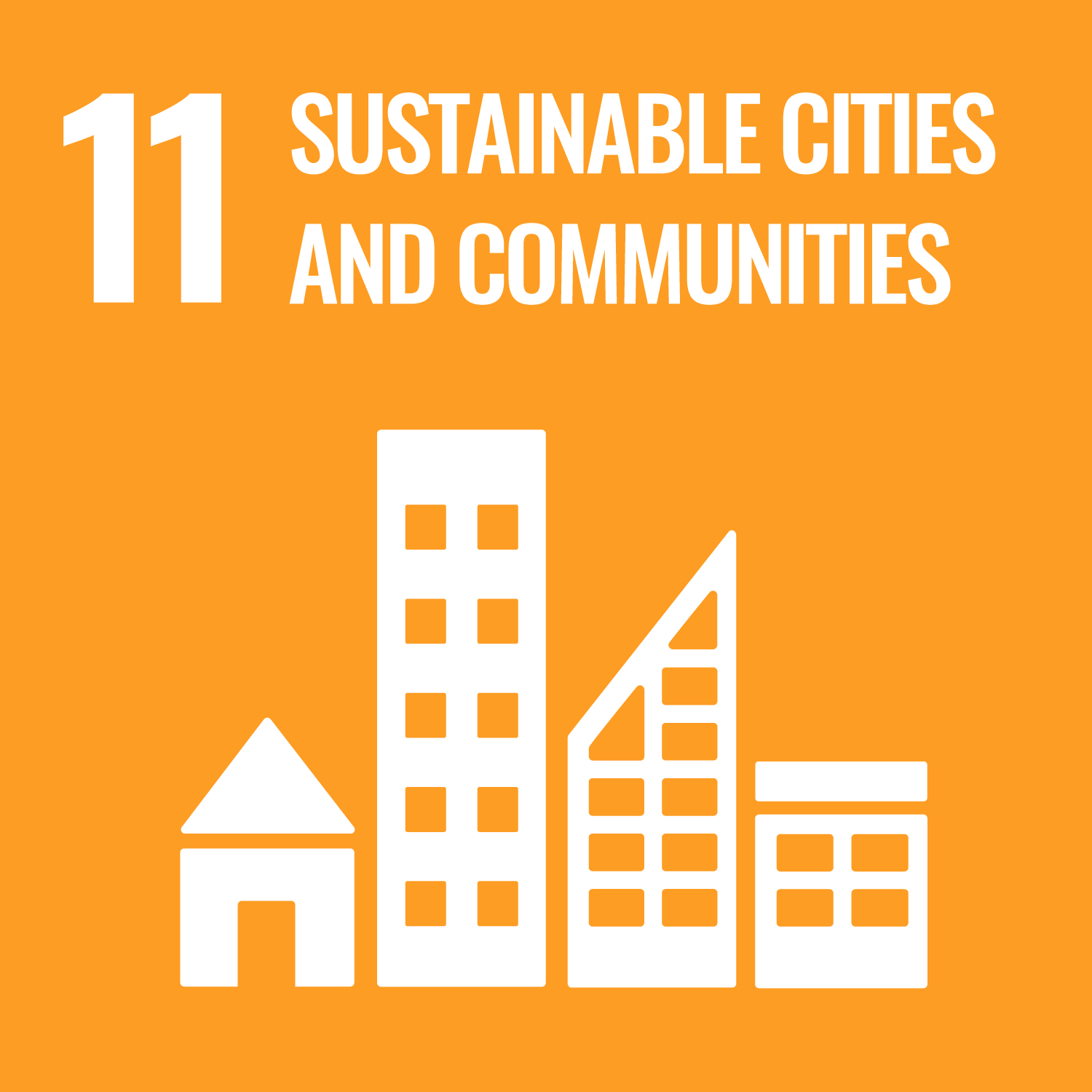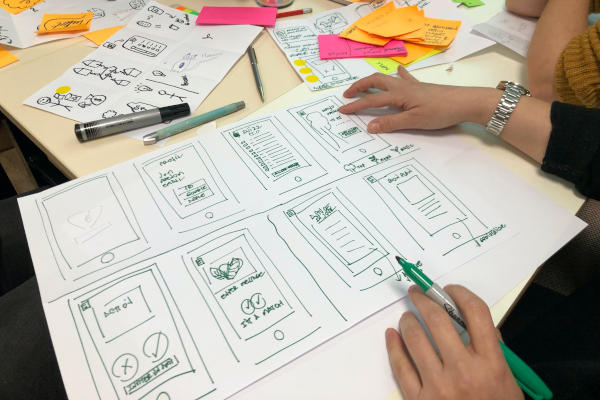The Energy Inclusion Program helps low income households to acces clean and renewable energy aswell as improve energy eficiency through education. It also helps communities to organise and design inniciatives to improve the quality and equity of energy consumption. The programme covers other energy needs such as heating, food refrigeration, indoor confort, insulation and electrification in isolated territories. It involves innovative energy planning with stakeholders and communities engagement, which is supported both by private and public institutions.
With a budget between 10 000 and 100 000€, the programme's funding comes from a colaborative effort between public-private funds, aswell as international cooperation. It's efforts are focused mainly on Chile, but the programme also has some projects in Colombia and Peru.
Main beneficiaries: children, disabled, elderly, energy poor and low-income consumers.
-

-
 Countries impacted:
Countries impacted:
ColombiaChile -
 Geographical scale:
Geographical scale:
Regional and Local -
 Energy poverty phase:
Energy poverty phase:
ImplementationDiagnosisPlanning -
 Intervention type:
Intervention type:
Household energy efficiency and refurbishmentCapacity building and trainingFinancial mechanisms -
 Professionals involved:
Professionals involved:
Social workerEngineerResearcher -
 Partners involved:
Partners involved:
-
 Type of funding:
Type of funding:
International funds from REPIC and Switzerland embassy in Chile, national funds such as INNOVA FOSIS from the Social Development Ministery and private funding from ENEL (electric distribution) -
 Website:
Website:
Case website -
SDGs addressed:



Explore more



